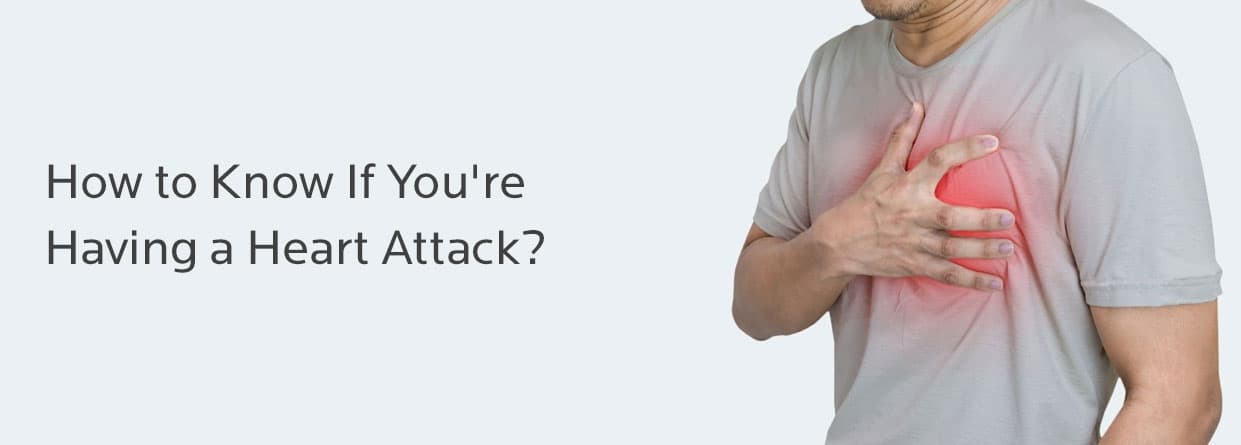
It's very important to know about the warning signs of a heart attack to be able to catch them early and provide the best medical attention. The Cardiology Department at the best cardiac hospital in Kolkata.
Some people might feel a sudden weird act of the body especially as they grow old. This could be an ache or pain felt in the body or fatigue that often comes and goes. Apart from these, there can be some pains or aches that can point out an underlying medical issue. It could be chest pain, an aching left arm, or shortness of breath that could mean the person is having a heart attack.
It's very important to know about the warning signs of a heart attack to be able to catch them early and provide the best medical attention. The Cardiology Department at the best cardiac hospital in Kolkata, BM Birla Heart Research Centre, provides comprehensive cardiac care and quality treatment at an affordable cost. Following are the common signs and symptoms that can mean a possible heart attack.
These symptoms may vary in both men and women. Some people may experience fewer symptoms or no symptoms at all while others might have a feeling of impending doom.
A heart attack can be experienced differently by every person. Some people might have symptoms of having a silent heart attack that stays for weeks while others may have a major heart attack suddenly. In either case, the damage to the heart could be extensive because of the insufficient flow of oxygen-rich blood to the heart and other body parts for their healthy functioning. Even the degree of pain felt may vary (i.e. no pain, mild, moderate, or severe pain). Some people may experience a nearly complete loss of blood flow for days or weeks before having a heart attack. It is important to consult the best cardiologist in Kolkata if one experiences any of these symptoms to prevent the risk of life-threatening conditions.
A healthcare provider usually screens the patient during their physical examination for risk factors that can result in a heart attack. Electrocardiograms that record the electrical activity of the heart and blood tests that could detect the leakage of proteins into the blood due to damage from a heart attack are generally recommended to diagnose a heart attack.
If a person feels that he/she is having a heart attack, it's important to call an emergency helpline number to seek immediate help. In case the number is not connected, someone should drive the patient to the hospital without any delay. Waiting may make the health of the patient more serious and could lead to death. Medication that dissolves the blood clots can be taken by the patient, which may help in some cases if the heart attack is caused due to a blocked artery.
A heart attack is a life-threatening experience. A person can make their experience less scary by watching out for the symptoms and also having a proper lifestyle to maintain a healthy heart. Remember that early action can save the life of a patient with a failing heart.
For more information consult now with the best heart doctors at BM Birla Heart Research Centre.
Written and Verified by:

Dr. Sabyasachi Pal is a Senior Consultant in Cardiology Dept. at BM Birla Heart Hospital, Kolkata, with over 11 years of experience. He specializes in coronary interventions and heart failure management.
Similar Cardiology Blogs
Book Your Appointment TODAY
© 2024 BMB Kolkata. All Rights Reserved.